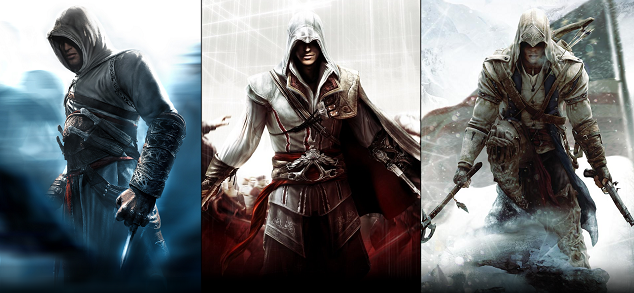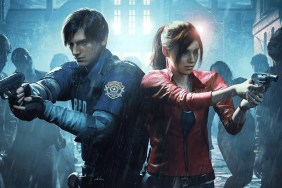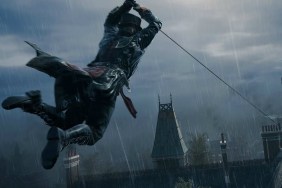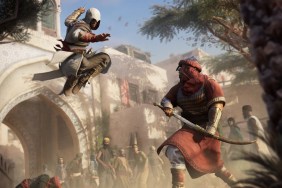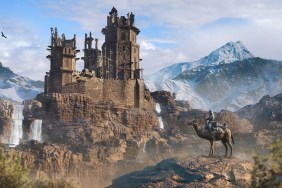Corey May, Lead Writer for Assassin's Creed III at Ubisoft, and Philippe Bergeron, Mission Design Director, called their GDC talk "Balancing Act: Narrative and Mission Designing Assassin's Creed III", but they could easily have called it "Why The AAA Gamespace Lacks Narrative And Design Innovation." Well, at least one positive for these guys is that the pipeline must provide steady employment…
May and Bergeron shared the stage, trading discussion duties back and forth as they talked about the way that the writing process for Assassin's Creed III cycled from writing to mission design and back again. However, what soon became clear was that Assassin's Creed III's story is part of a highly efficient set of processes with little room to try new things or change the formula, or as they put it, "a pipeline we've been using since AC1."
The process involves first settling on the era, then honing in on the historical events and years they want to focus on. Then the writer creates a broad outline which the mission designers use to construct ideas for, not based on their engine's capability, but what they'd most like to do. Ideas that aren't possible go into a document of "101 Gameplay Ideas" that can be harvested later if they need some creative fuel for the fire. Then the missions and story elements are put on cards where they can all be seen as one piece.
This is put into a spreadsheet with fancy-looking graphs as a blueprint for the game from which the mission designers and Corey work to flesh out. From here, May writes the dialogue that will not be affected by mission objectives and the mission designers create scenarios that are plugged into the Ubisoft dev's proprietary scriptwriting software, Oasis. After that is given a thorough read, the game goes into production with motion capture, after which very little can be altered.
While it all sounded incredibly efficient, what became clear the longer they talked was the lack of flexibility in the pipeline for innovation and diversity in design. This was similar to the other talk I heard about the franchise, on procedural animations; the dev who gave that talk spoke about trying to develop the series further, but fear of negative fan reaction meant conforming to pressure to change nothing. Both explain why every Assassin's Creed game features the same mission structures, basic story design, and why the series can sustain a yearly release.
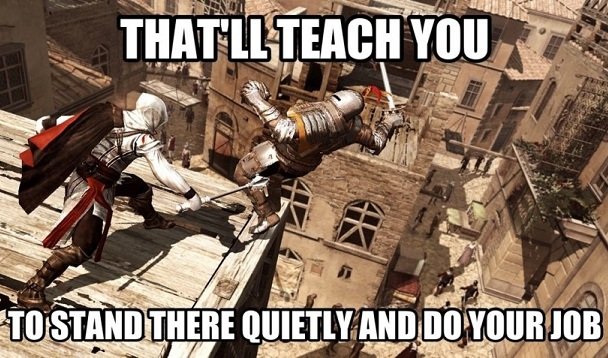
One thing that has been publicly touted about Assassin's Creed III is that it had a three-year development cycle, allowing Ubisoft to hawk the innovation in the series. But it does make one wonder if that just means that Ubisoft doesn't just have the entire series running on a three-year backlog, each one being progressively generated through this pipeline year by year, each starting three years before its release.
While I'm sure this will work as long as the game sustains a certain level of quality, there is the possibility of a roll-off of quality and interest, as the procedural generation of story and design may eventually create a system in which there is no real emotional consequence. If the assassins whose lives are being relived are never really that different from each other, then when they die, there's no reason for the player to care if they can just be replaced by someone who moves the same, reacts the same, and has the same kind of missions.
This can be stagnation, and one that seems to be similar in other triple-A spaces where game designers and directors leave while the series repeats the same ideas, iterating on smoother gameplay mechanics but repeating the same story and design. Consider that the God of War series was at the top of the Sony proprietary heap at the end of the PS2 era.
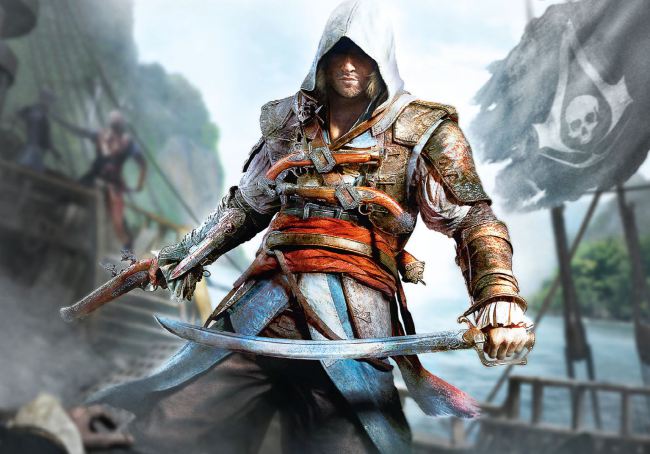
When God of War: Ascension was announced, Kratos had already been on five nearly identical vengeance journeys, and each numbered game featured a different creative lead (often with the prior leads leaving the studio altogether). At E3 last year, the game was barely on the radar of most game journalists, because they'd already seen it before. What they hadn't seen was Watch Dogs and Star Wars 1313, which were being shown in closed theaters and had people coming away swearing they were the future of gaming, and unofficially "next-gen" titles.
The point is that these ideas and franchises are fresh. There are only so many iterations a popular franchise can sustain before it runs itself out. Let's hope this well doesn't run dry for Ubisoft. Luckily, they've got Black Flag in their pocket, and if it manages to do what they've claimed it will, they will be in the clear, at least for now.
